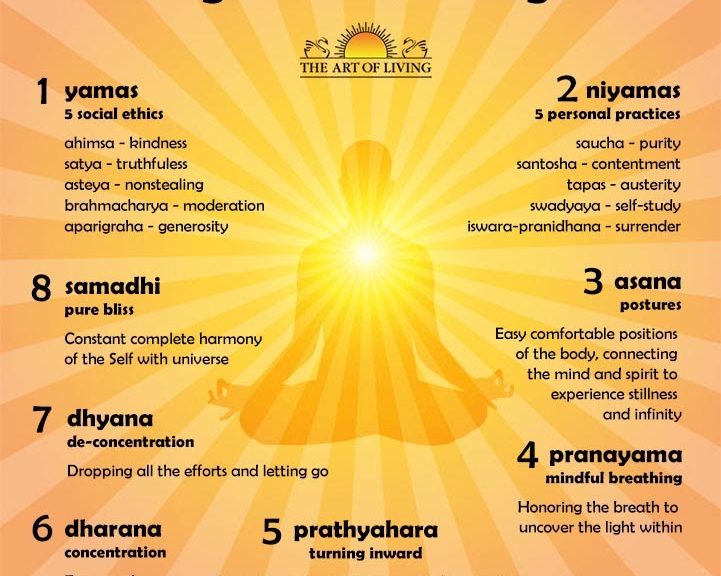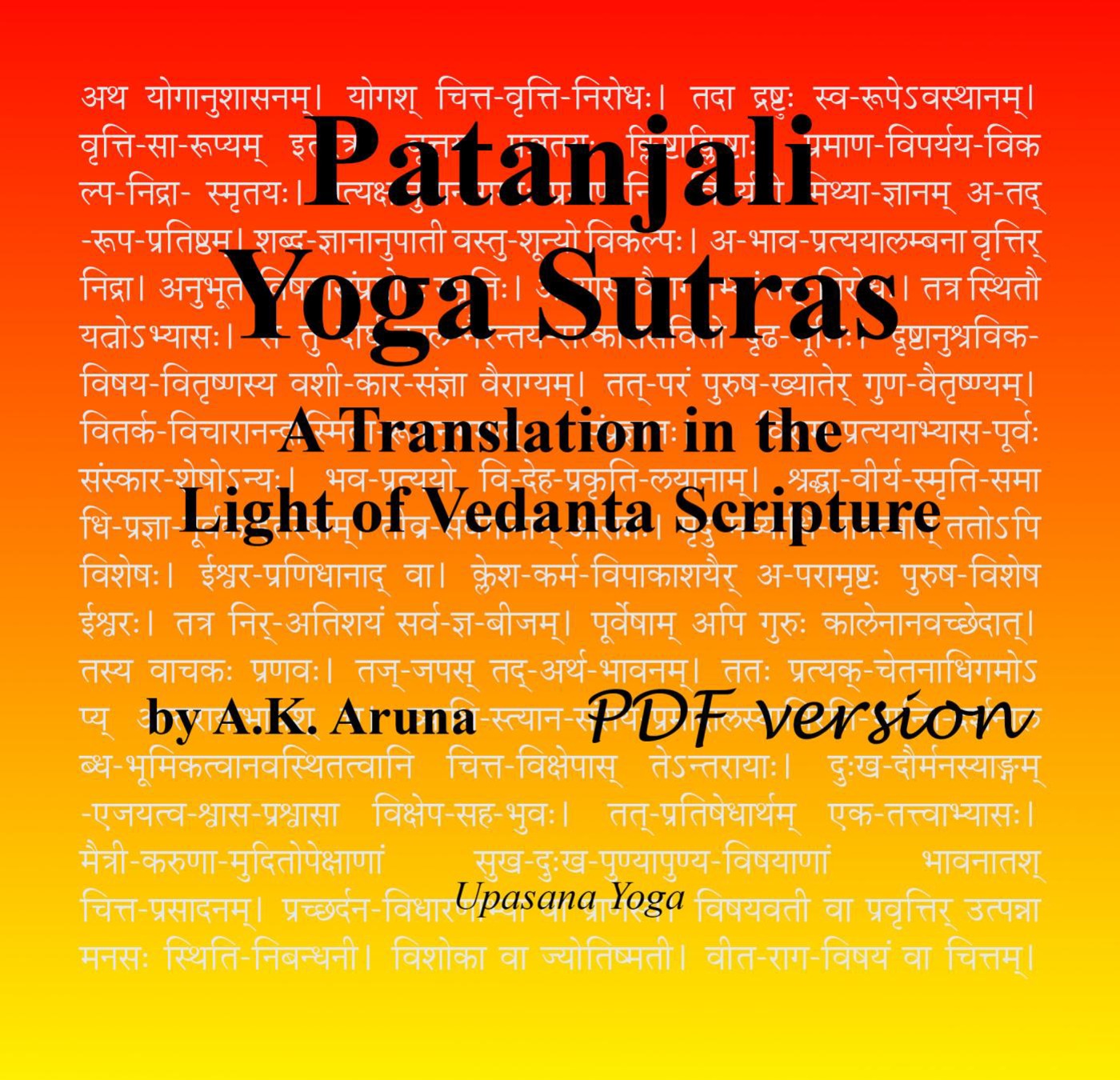


This online addendum is meant to facilitate the process of study and absorption, making it possible to read the lines in English exactly as they flow together in the original text, with selective interjections of commentary, and at the same time to follow alongside with the Sanskrit text. To open, navigate, or print PDF files you will need a free copy of Adobe Acrobat Reader, which you can download via the link below. Two of the resources provided on this page are PDF (Portable Document Format) files. Links have also been provided to some of the numerous Sanskrit resources available on the World Wide Web. A separate file features the Sanskrit alphabet, along with a pronunciation guide. The text is offered in several formats: Sanskrit in devanâgarî script Sanskrit in transliterated roman lettering with diacritical marks word-by-word Sanskrit-English translation and a Sanskrit-English glossary containing every word that appears in the original text, as well as a bibliography listing many of the translations and commentaries that were consulted in the preparation of this new version. The Yoga-Sûtra can be downloaded, viewed, and printed in its entirety as a PDF file. This is explicitly a philosophical translation of the text.In the interest of offering a print version of the Yoga-Sûtra that is accessible, precise, and not overwhelmed by scholarly material, all textual and translation materials have been made available below. Accompanying this translation is an extended introduction that explains the challenges of accurately translating Indian philosophical texts, locates the historical antecedents of Patañjali’s text and situates Patanjali’s philosophy within the history of scholastic Indian philosophy. He argues that people are not powerless against such forces and that they can radically alter their lives through yoga-a process of moral transformation and perfection, which brings the body and mind of a person in line with their personhood. For Patañjali, present mental maladies are a function of subconscious tendencies formed in reaction to past experiences. The Yoga Sutra sets out a sophisticated theory of moral psychology and perhaps the oldest theory of psychoanalysis.


Patañjali draws upon many ideas of his time, and the result is a unique work of Indian moral philosophy that has been the foundational text for the practice of yoga since. In it the legendary author lays down the blueprint for success in yoga, now practiced the world over. Patañjali’s Yoga Sutra (second century CE) is the basic text of one of the nine canonical schools of Indian philosophy.


 0 kommentar(er)
0 kommentar(er)
